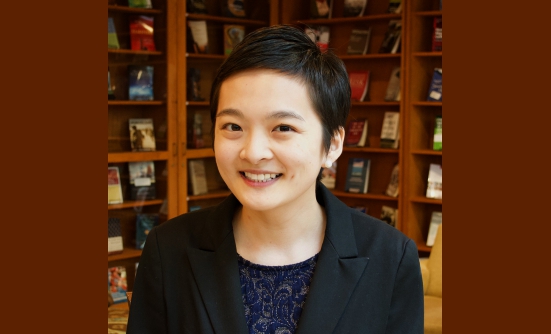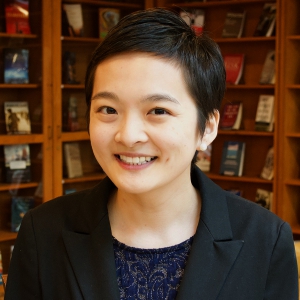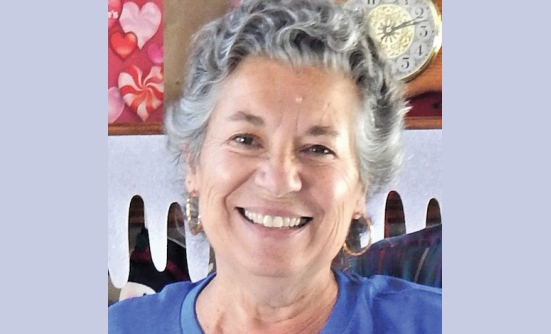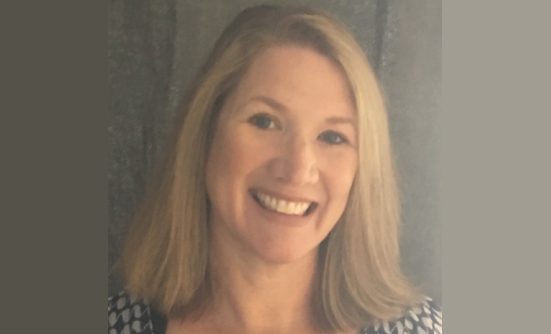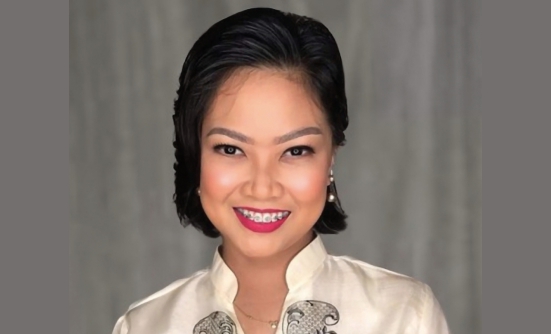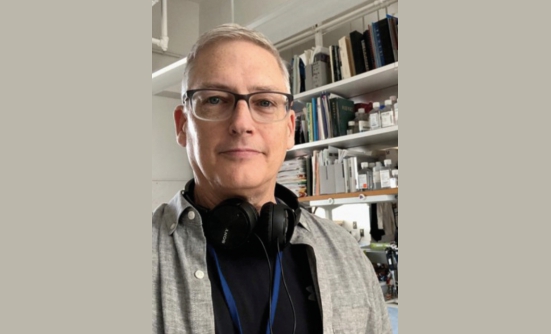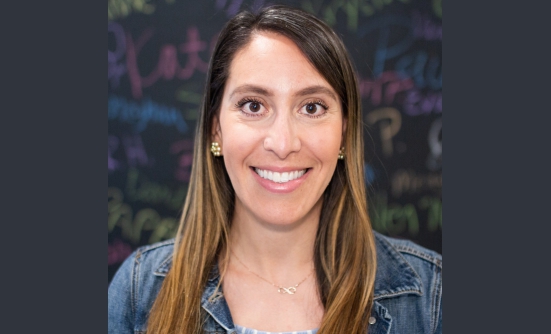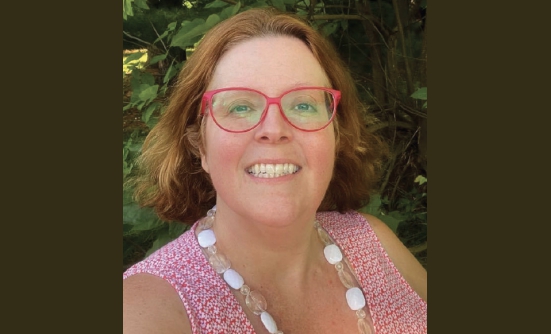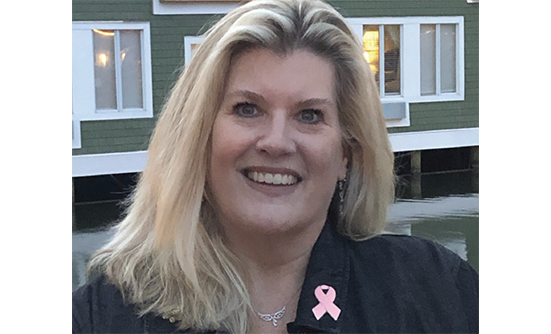As a 27-year-old, 3-time cancer alumna (I prefer this term to “survivor”), I have been reflecting on my relationships with my caregivers and loved ones. Below are some of the questions I asked myself.
How Important of a Role Did Your Caregivers Play During Treatment?
The thing about being diagnosed with cancer in your twenties is that your parents tend to be not too far from their role in taking care of you. Sure, you had a couple of years away for college and maybe a first job, but parents do not stop being caregivers.
Whether it was the first time of getting chemotherapy or the last, I felt much too sick to complete my daily tasks, let alone drive myself to and from treatments. I relied on my parents to cook my meals and make sure I stayed hydrated. When I was hospitalized for almost 2 weeks to undergo CAR T-cell immunotherapy, having my parents take rounds to stay with me in the hospital provided physical as well as psychological support.
It may seem funny to say this, but I am sure that I would have lost much more weight than I did, had it not been for my mom’s home-cooked meals and groceries from organic markets. Although nurses do their job, nothing compares to having your mother by your side in the hospital while you vomit for the third time on your birthday.
How Do You Think Cancer Has Affected Your Caregivers?
Thinking about the impact of cancer on my caregivers is quite difficult. After all, cancer itself is difficult, but it is important to remember that caregivers need support, as well. I would like to think that we have all become much more resilient. The truth is that humans learn to adapt, we learn to cope, and we learn to adjust.
Much like the effects of this coronavirus pandemic, cancer and everything that comes with it eventually become part of a new normal. That is not to say that it becomes any easier. A cancer diagnosis indeed causes distress and severe burdens for patients and for their loved ones.
During treatment, my caregivers and I knew that the main goal was to keep me alive, so there was little room left to consider how we were handling everything mentally. My parents are small business owners, so they were able to be a little more flexible with their work schedules, making sure to accompany me to every appointment. I am sure there were sleepless, tearful nights for my parents, who have always been very good at hiding from me their emotions and any hardships.
Now that treatment is over, it does occasionally strike me that they hid their hardship so well. I think that no matter how bad it got, just seeing me continue to endure was enough to keep them going. I don’t like to think that it was bravery, because it implies that others who have lost “the fight” were not strong or brave enough. Patients with cancer often don’t have a choice in this fight, and neither do caregivers.
How Did Cancer Affect Your Loved Ones and Your Relationships with Them?
I have developed a much stronger bond with my loved ones. At the same time, cancer and 2 relapses within 2 years have made me re-evaluate my life goals. As a person with serious wanderlust and a master’s degree in Asian studies, I had always dreamed of living and working abroad.
After the first remission of my non-Hodgkin lymphoma, I didn’t allow cancer to hold me back from working to achieve this dream, and I accepted a yearlong fellowship to study in Taiwan. As fate would have it, the cancer relapsed within months of arriving in Taiwan, cutting the fellowship short and forcing me to flee back home for treatment. (To say I was on the verge of death is not an understatement.)
In hindsight, I don’t regret this decision, because it was my last opportunity to experience life abroad for the foreseeable future. Considering everything that my caregivers have done for me, as well as being at an age when we are at the tail end of time spent with our parents, I have decided to settle down close to my parents, with my husband being in the process of immigrating here to be with me (yes, he’s a keeper).
One day, I do hope to travel again, but until then, I am more than happy to spend time with my parents and my husband here in the United States. I owe them my life, and cancer has changed our relationships for the better, bringing us closer than we have ever been.
Any Suggestions for Patients and Caregivers Seeking Support?
I attended a therapy session after the first relapse of my disease, but there was not enough time to attend a group session before I was admitted to the hospital for the CAR T-cell therapy. I started participating in cancer support groups earlier this year, which was around the same time that I began to develop my idea for Kits to Heart, a now-certified non-profit organization that gives cancer care kits to patients throughout the United States.
I wanted to be more actively involved in the cancer community, and I think that support groups are very valuable, even if they are held virtually. Moreover, being able to share my story and working to help other patients have helped me to readjust to life. This reminds me of how far I have come.
Caregivers also have their own support groups, so I would highly recommend finding those communities and sharing experiences with others. The resources are out there, and I hope that more patients take advantage of them.
As I was lucky to have experienced, adequate psychosocial and financial support do have a huge impact on our overall well-being. To anyone facing cancer now, know that this too will likely pass. You are not alone.





